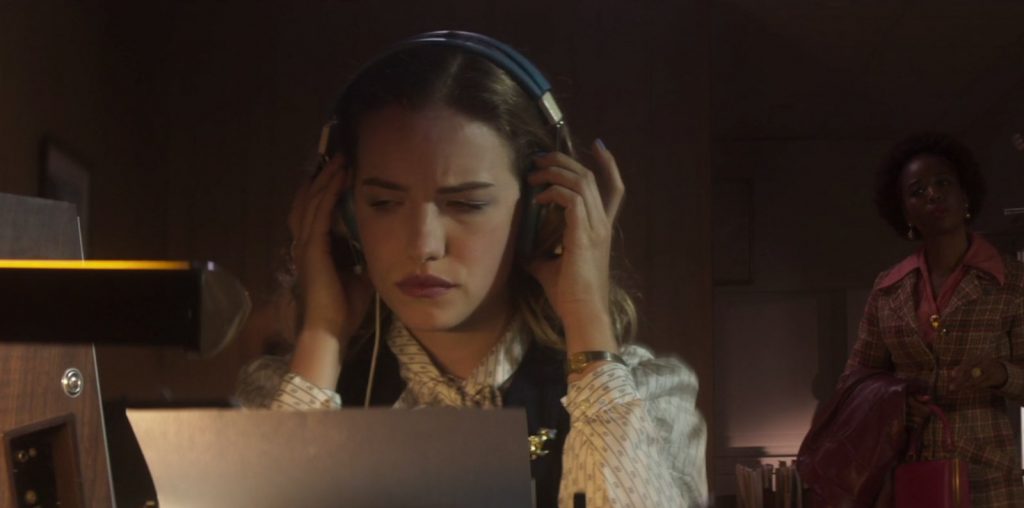
While the premise of “The Treaty” is fairly straightforward it was tougher to realize why this film worked so well. Only after time it becomes apparent that what we have is a serious treatment of material that gets delivered with a deft touch and a lighthearted sensibility. No small feat when you consider the possible dark quality of the subject.
As it delves into familiar territory—the activities of Hell here on Earth—the makers of this film dodge clichés by taking on a creative angle. Rather than featuring our realm as the devil’s playground we witness his talent at work in an almost invisible fashion. Hollywood usually goes for the broad portrayal of Old Scratch with flash and heavy-handed metaphors–“Angel Heart”, “Bedazzled”, and of course “The Devil’s Advocate” quickly come to mind. “The Treaty” works because it sidesteps the obvious and opts for the sublime.
We start with Joe, a corporate drone who works so close to The Dilbert Principle that he fails to see the humor. Then one day he answers a ringing pay phone and the innocent instruction he is given instantly leads to calamitous results. Soon after he learns that this was the work of the Dark Side, but on a much smaller scale. Instead of meeting the CEO of Brimstone Inc. he is approached by Eliza, who works as a headhunter for Satan himself, and she wants to recruit Joe as a minion in the local Abaddon field office.
Since Joe already considers himself in a hellish work environment he sees Eliza’s offer as mostly a lateral move and he pours himself into the work. Before long though he begins to wonder how his arcane duties like delivering packages, stealing newspapers, and tossing cats into trees lead to evil. He soon comes to realize that while lacking any blatant malice his grass roots efforts can actually be as dispiriting as global catastrophes.
What makes all of this work is the way the entire production promotes the subtlety of the source material. Ryan Smith and Christine Johnston give measured performances that bring credibility to demonic themes without resorting to Al Pacino-like bombast. Mike Horan directs the action at a smooth but efficient pace so that we not only follow Joe but we learn the ropes right alongside him. Even the cinematography of Thomas Mumme follows suit, providing compelling visuals without resorting to manipulative tricks and angles that can be a staple of festival selections.
The end result is a plot diabolic in nature that is unsettling in its comfortable realism. Joe’s duties are specifically designed to cleave the faith off of his victims, but his plausible existence could have the converse effect on the audience: By making the Devil more credible then the existence of God is that much more reasonable.
In the end I was left thinking, and also regretting the appearance of the credits. That alone could be all the praise you need to use on a short film—the audience being left craving more.
